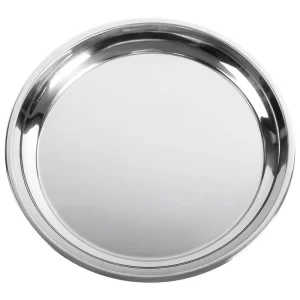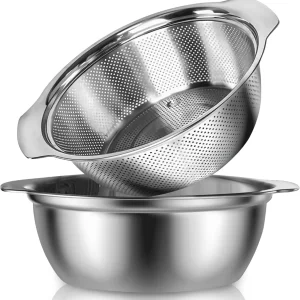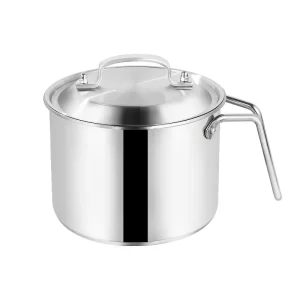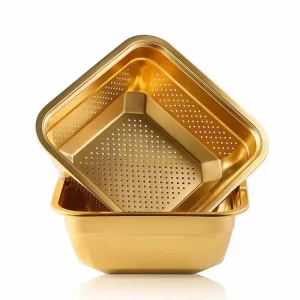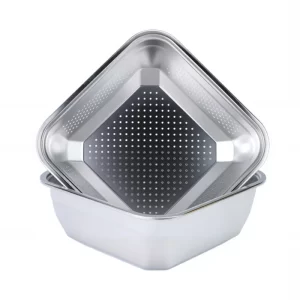In home cooking now and the catering industry too, food storage containers are a given. Given such a stark array of choices, most people have been wondering: What is the best food storage container? The answer usually lies in the material. In the following sections, we compare some of the common materials used to make containers with one another in order to find out which one can be used long-term and safely.
Comparison of Common Container Materials Used to Store Foods
| Container Type | メリット | デメリット | 概要 |
|---|---|---|---|
| Plastic Containers | Light weight and cost-effective | Contain BPA or other toxic chemicals in some plastics, degrade rapidly over time, and leach chemicals at high temperatures | Suitable for short-term use, but are food safety and environmental risks |
| Glass Containers | Great transparency, easy to visualize food, and non-reactive material | Heavy, breakable, difficult to transport, and costly to ship | Fine for home static storage, but not for catering or business use |
| Ceramic Containers | Nice appearance, some are good at holding heat | Bulky, fragile, and not typically suitable for bulk applications | Mostly for decoration or small-scale applications, not worth it |
| Stainless Steel Containers | Food-grade stainless steel is non-toxic and safe to use, BPA-free; will not corrode; light but tough; can be recycled; odor-resistant; and versatile for many applications | Visibility is prevented by the food not being directly visible, which is compensated by a covered lid | Lightweight and cost-effective |
Why are stainless steel food storage containers superior?
Food safety: Food-grade stainless steel (e.g., 304 and 316) will not leach poisonous compounds and can withstand extended exposure to a variety of foods.
Durability: Stainless steel is not prone to shattering and has a longer life when compared to glass and ceramic.
Energy-efficient and energy-saving: Reusable and recyclable, in line with sustainable development.
Lightweight and convenient: Lighter than glass and safer than plastic, they are being used extensively in households and the restaurant supply chain.
Overall, among the various materials used to produce food storage containers, stainless steel is the most suitable, with an excellent mix of safety, environmental friendliness, and longevity.
Utilizing Food Storage Containers
Clean and dry the container before adding food.
Long-term storage of high-salt foods or foods with high acidity is not recommended.
Airtight lids are utilized to prolong food freshness.
Clean regularly and remain dry to extend shelf life.
Why Yongyu Food Storage Containers?
As a leading brand of kitchenware and wholesaler of catering materials, ヨンギュ specializes in high-quality stainless steel kitchenware and catering materials. Its stainless steel food storage containers have the following advantages:
OEM/ODM Customization: Allows flexible production to meet different customer needs.
Wholesale Services: Both bulk and small orders are acceptable.
Strict Food-Grade Certification: All products meet international food safety standards.
Wide Applications: In household kitchens, restaurants, hotels, and even in school cafeterias, they can meet your needs.
If you need safe, environmentally friendly, and durable stainless steel food storage containers, Yongyu will be the best one for you.



